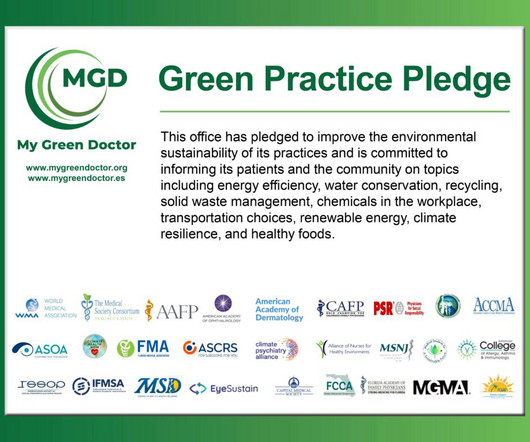Q&A: Prioritizing Early Intervention in Pediatric Obesity
Physician's Weekly
JUNE 26, 2025
I have found explaining the pathophysiology of obesity (eg, the role of biology, genes , and systemic risk factors), addressing the lived experience related to weight bias, individualizing the intervention to match the child’s family needs, and focusing on building the patient/family agency for change helps with engagement.











Let's personalize your content